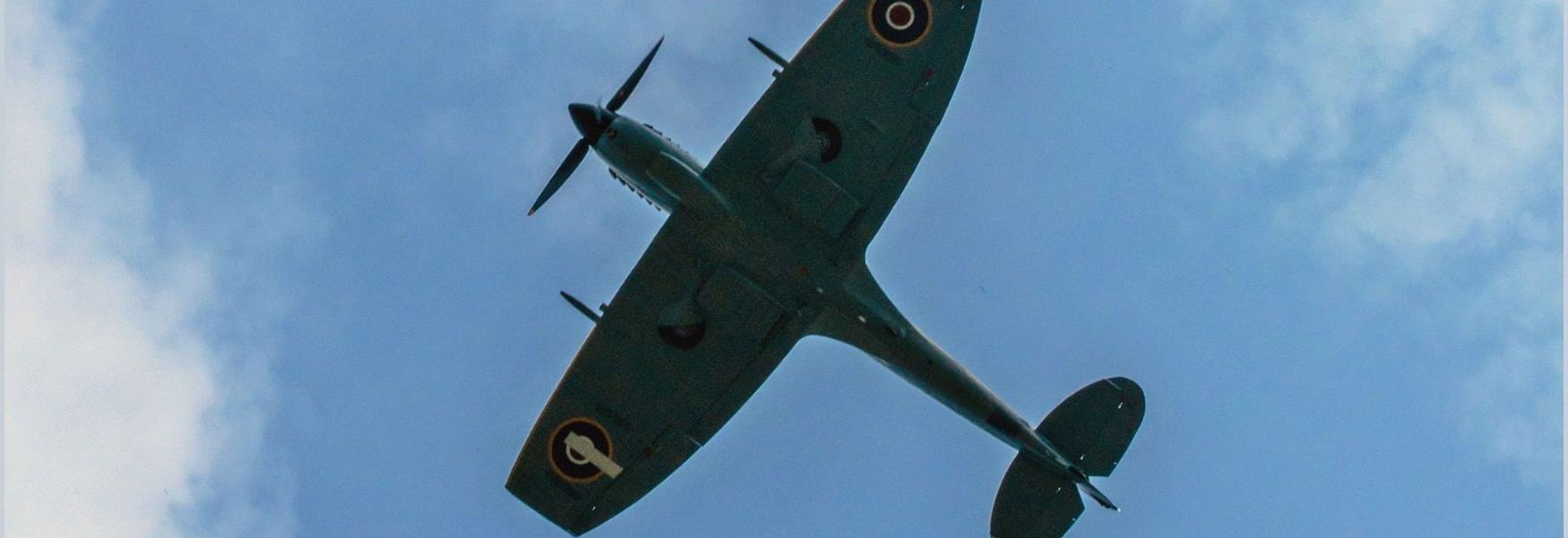To build your own Itinerary, click  to add an item to your Itinerary basket.
to add an item to your Itinerary basket.
Already saved an Itinerary?



You are here: UK History > Britain at War > WWI > Ireland and WW1
When the world began its descent into war, Ireland was an integral part of the United Kingdom but the people of Ireland had been asking the British parliament for Home Rule for some time, something which came to a head during WW1. Though war affected individuals from across the United Kingdom, it was a very different situation in Ireland. The causalities were lighter, but the war was much more divisive and helped to speed Ireland’s break from the UK.
When the war broke out, Ireland was in the midst of a serious constitutional and political crisis. Home Rule had been promised by the Liberal government as part of a deal with the Irish Parliamentary Party since 1912.
The Ulster Unionists, who were mainly from the north of Ireland, were against Irish Home Rule, preferring to continue as part of Great Britain and mobilised their own army of volunteers to stand against Home Rule and the Irish Nationalists who were campaigning for it. This led to the nationalists, who were mostly from the south of Ireland, forming the rival Irish Volunteers. By the summer of 1914, both sides had imported significant amounts of weaponry and Ireland was on course for civil war, something that was initally interrupted by the First World War breaking out in Europe.
Britain declared war on Germany and its allies on August 4th 1914, temporarily easing tensions between both the unionists and the nationalist leaders, who declared their support for the war effort and promised to suspend campaigning for (and against) Home Rule for the duration of the war. Nationalist leader John Redmond even encouraged Irish Volunteers to join the British Armed Forces. Historians would say that he did so as a way to support the government and in turn, get further support for Home Rule from the Liberals once the war was over. His support for the British war effort caused a split in the nationalists but the majority were equally as outraged at the invasion of Belgium and various atrocities that were taking place. The split lead to a smaller more militant group of Irish Nationalists forming and a group of them, calling themselves the Irish Republican Brotherhood, planned a rebellion against the British before the end of the war, which resulted in the Easter Rising in 1916.
It is believed that around 206,000 Irish people served in the British forces. The recruitment rate was highest in the Ulster area and of the Irish people who served, 58,000 were already enlisted in either the army or the navy before the start of the war.
It is said that motivations among the Irish, regardless of whether they were Nationalist or Unionist, included loyalty to the crown and empire, as well as the belief of fighting for a good cause and the defence of smaller nations, but a small number of Irish separatists who opposed the war were generally hostile to those who had joined the armed forces.
Mass voluntary recruitment into the army was a feature of the first two years of WW1, with military service becoming less popular as the war continued. Unlike in England, Wales and Scotland, conscription was not imposed in Ireland when it came into force in 1916 and was not attempted until 1918. Even without this, the Irish served throughout the British armed forces.
Irish soldiers initially were part of the British Expeditionary Force who were sent to France and Belgium in the first year of the war, where they suffered heavy casualties and then later the 10th Irish Division went to the Dardanelles fighting in the Gallipoli campaign which also saw huge losses and impacted heavily on Ireland. The 16th Division was sent to the Western Front in spring of 1916, at the same time as the Easter Rebellion took place in Dublin and also suffered heavily.
Soldiers from all Irish and Ulster regiments were involved in the offensive at the Somme from July 1916 until the end of the year. Both Ulster and Irish Nationalist soldiers fought together at the Battle of Passchendaele and towards the end of the year, the British Army replaced fallen soldiers with those from around the UK, slowly eroding the division’s Irish identity.
While the Irish soldiers were fighting on the front, those left behind saw a variety of economic effects. The Irish farmers prospered, but those in the cities struggled and while there were armaments factories in Ireland, the country itself did not benefit greatly from participation in the war industry.
The Easter Rising was a rebellion in Ireland that took place on Easter Monday on 24th April 1916. A group of Irish nationals declared the country was a republic and along with around 1000 others, staged a rebellion against the British government. They seized control of various buildings in Dublin and clashed with British troops. Fighting lasted a week before the rebellion was suppressed, more than 2000 people died or were injured, and much of Dublin city centre was damaged. Following the rebellion, the leaders were executed, leading to further discontent among the Irish towards the British government, and resulted in the establishment of the Irish Free State after the end of the war.
Initially the Easter Rising was intended to take place across the whole of Ireland, but it ended up only really affecting Dublin. The rebels seized the city’s post office, among other important buildings and the British government responded by declaring martial law.
In May, 15 of the leaders of the uprising were executed by firing squad and a further 3000 were arrested. Around 1,800 of those were sent to England and imprisoned there without trial. The reaction of the British fuelled resentment and helped build more support for full Irish independence.
By 1918, support for the war had all but gone in Ireland, as well as the heavy losses suffered by the Irish units, those left behind were becoming increasingly more frustrated with the British government, especially after the Easter Rising. At the time, the separatists began to show more support for the political party Sinn Fein who actively campaigned against the war and for Irish independence.
Due to the suppression of the Easter Rising, the heavy losses taking place on the front and the fact that Home Rule had still not materialised, an anti-conscription campaign began with support from Sinn Fein, the Irish Parliamentary Party, the Catholic Church and the Trade Union movement. Faced with mass mobilisation against conscription and a renewed resistance in Ireland, the British government decided against implementing conscription outside of the UK mainland.
In December 1918, just a month after the armistice was announced, Sinn Fein won the general election in Ireland and the following January declared Independence, which led to further tension between Ireland and Britain.
A memorial located in Dublin records the Irish casualties of WWI as being over 49,000 people, other records show a total of 27,405 deaths among those born in Ireland who served in Irish units. It is thought however that the total is actually much higher.
Following the war, the impact on the country’s economy and health contributed to a further 20,000 deaths due to the flu epidemic of 1918.
© Visit Heritage 2025. All Rights Reserved

.png)


